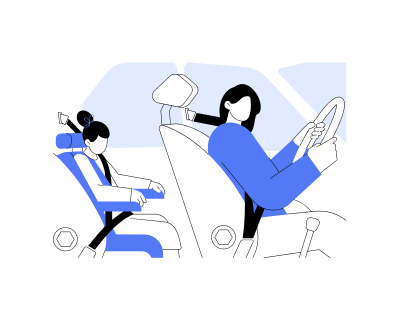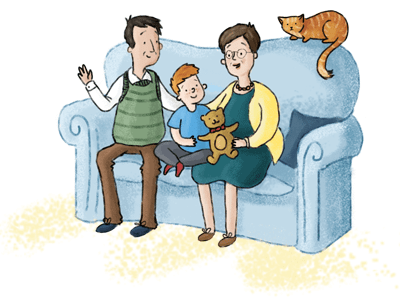
What is Parental Responsibility?
Parental Responsibility is the rights, duties, powers, responsibilities, and authority which a parent has by law in relation to a child and their property, such as what school they attend or what beliefs they follow.
Who has Parental Responsibility?
A mother will nearly always have parental responsibility, save for when a child is adopted or where a mother is a surrogate. The father will acquire parental responsibility through marriage and civil partnership and if they are named on the child’s birth certificate.
How can Parental Responsibility be acquired?
Unmarried fathers can acquire parental responsibility through marriage and civil partnership although, this does not apply to step-fathers.
Step-parents can acquire parental responsibility through a Parental Responsibility Agreement, which is to be signed in the presence of a Legal Advisor in Family Court, or by way of a Parental Responsibility Order. In deciding whether to make a Parental Responsibility Order the Court will consider: the father’s degree of commitment to the child; the statement of the father’s Responsibility can also be acquired through a Child Arrangements (Live With) Order.
If a child is adopted, the adoptive parents will acquire exclusive Parental Responsibility when an Adoption Order is made. This means that any previous holders of Parental Responsibility will no longer have this, including the Local Authority.
A Local Authority can acquire Parental Responsibility by obtaining an Emergency Protection Order or an interim or final Care Order.
Can Parental Responsibility be delegated?
Strictly speaking, you cannot delegate Parental Responsibility, but parents can ask for a relatives or close friends to exercise elements of Parental Responsibility on their behalf. An informal example of this is when children are in school, parents authorise teachers to provide them with food and drinks and also treatment if they are injured.
Can Parental Responsibility be terminated?
Parental Responsibility comes to an end when the child turns 18 years old. It is extremely rare for parental responsibility to be terminated and it more common for applications to be made to restrict, rather than terminate, Parental Responsibility.
If you have any questions about Parental Responsibility, our Care Proceedings & Children Services Team at Bromleys are here to help. Call us today on 0161 330 6821 or email bromleys@bromleys.co.uk to speak to a member of our team.











